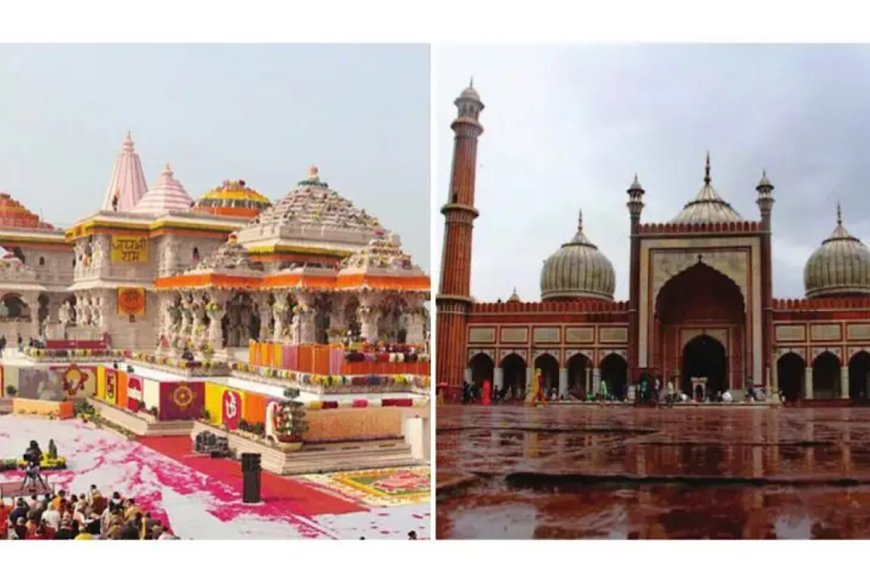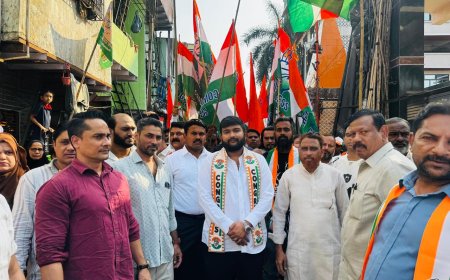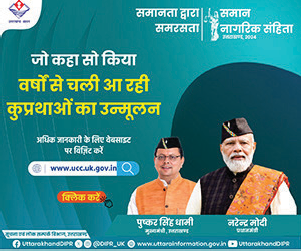New Delhi: In a landmark decision, the Supreme Court of India issued a directive that halts district courts across the country from registering fresh suits and conducting surveys challenging the ownership of disputed places of worship. Chief Justice of India Sanjiv Khanna’s directive prevents the trial courts from passing any "effective orders" until further notice, signaling a major intervention into the ongoing legal debate regarding the 1991 Places of Worship Act.
The decision, made amidst rising tensions over disputed religious sites, comes after recent violence in Sambhal, Uttar Pradesh, where clashes broke out following a mosque survey. With the 1991 Act in the spotlight once again, the Supreme Court’s decision emphasizes the need for careful handling of sensitive issues tied to India's diverse religious heritage.
The Places of Worship Act, introduced by then-Prime Minister P.V. Narasimha Rao’s government, aimed to prevent the legal challenges of historical religious structures following the Ram temple movement. It sought to protect places of worship from being embroiled in tit-for-tat litigation. While some, particularly the ruling Bharatiya Janata Party, have criticized the law as appeasement, the Supreme Court has emphasized its significance in upholding secularism and non-retrogression as fundamental principles of India's Constitution.
In its forthcoming decision on the law, the Supreme Court’s ruling will have a profound impact on India's future, especially in determining the role history plays in shaping contemporary issues. Legal experts believe the Court’s actions represent a recognition that core constitutional values must take precedence over political disputes surrounding history and religion.
The battle over the Places of Worship Act, reflective of India’s ongoing journey in balancing its constitutional values and history, now awaits the government’s stance, which will be revealed in four weeks. As debates over secularism and religious equality intensify, the Supreme Court’s ruling could redefine India’s commitment to safeguarding the principles of the Constitution.




 Previous
Article
Previous
Article











